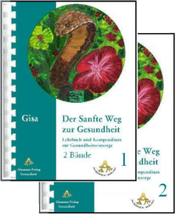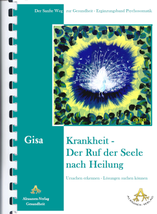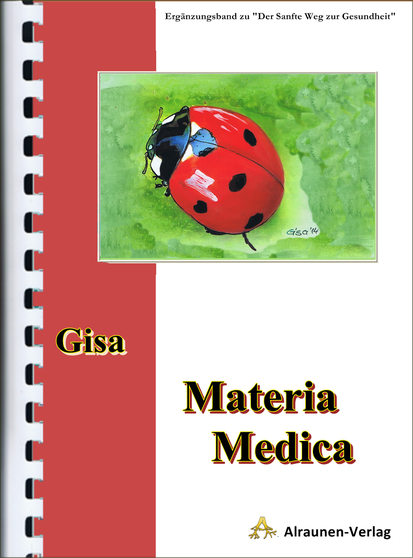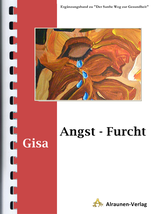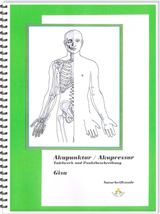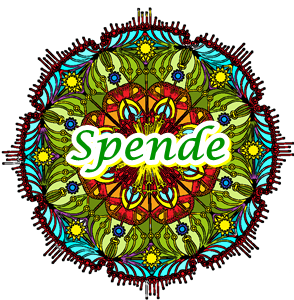Botanical name : Bromus ramosus Hudson.
Family : Graminae
Synonyms :
- Latin : Bromus asper Murray;
- English: Wild oat, Hairy or Wood borme-grass.
Mind/emotions
Feels the urge to find a path, to follow a mission or calling. Inability to decide on a direction; failure to perceive own potentials. May start an endeavor, but does not see it through. Decreased motivation to apply own self to ongoing tasks. Lack of active concentration and receptivity. Seeks stimulation, fulfillment, and avoidance of responsibility through travel and diversion. Bored, unfulfilled, or even disillusioned under present circumstances. Lack of joyful anticipation, lack of joy of accomplishment. Capriciousness; nothing satisfies, yet longing inclination persists. Children show disinterest in play; adults find less and less gratification in diversion and recreation; may go to extremes of stimulation. Dissatisfaction, moodiness, frustration, depressive tendencies, feelings of meaninglessness, and lethargy. Wild Oat increases motivation and incentive in retardation and in mental illness with organic dysfunction.
- MIND – ABSENTMINDED
- MIND – AMBITION – loss of
Physical
Physical lethargy, depressive tendencies, dullness of intellect. Lack of elan in mind and body.
Gives maximum increase in motivation despite physical limitations in organic mental syndromes and disorders, in mental retardation, after head injuries. Lack of appetite or overindulgence in food from inner sense of boredom and dissatisfaction; capriciousness of appetite; eating disorders. Lack of sexual interest or excessive sexual activity from aimlessness and boredom. Lack of interest in a healthful diet or exercise routine may lead to obesity, peptic ulcer, non-insulin-dependent diabetes which may develop into insulin-dependent diabetes.
- Obesity
- Peptic ulcer
- Non-insulin-dependent diabetes
- Eating disorder (anorexia nervosa)
Compare
Gentian: Starts an endeavor and gives up prematurely from discouragement, as first obstacles arise.
Agrimony: Restless and unfulfilled, yet does not want to acknowledge; seeks stimulation and diversion to be able to ignore inner pressures.
Cerato: Uncertainty of personal expression, though definite path may have been found.
Clematis: Looks to the future for fulfillment; finds no incentive in the present.
Honeysuckle: Lack of motivation and purpose due to reminiscing about the happiness of the past.
Wild Rose: Follows a meaningless path, but has no urge to find a purposefull direction.
Chestnut Bud: Immaturity prevents ripening of the awareness of one’s potentials.
Centaury: Lack of personal fulfillment and actualization of potentials due to having surrendered own ambition to the dutiful service of others.
Oak: Stoic pursuance of work, without joyful incentive.
Larch: Work does not appeal because of lack of self-confidence
Homoeopathic Medicine and Wild oat
Baryta carbonica: Irresolute and disinterested in pursuing endeavors; children do not want to play; lack of intellectual pursuits; mental and physical retardation; obesity; (constipation).
Calcarea phosphorica: Chronic dissatisfaction and lack of incentive, but desire to travel or be off somewhere; may come on after grief; peptic ulcer; diabetes; (weak digestion).
Helonias dioica: Tendency to indolence and seeking stimulation in luxury; no true incentive to work or apply to a path; self-absorbed; exercise, intellectual activity, and occupation of any kind ameliorate (cf. Agrimony); lost appetite; eructations, irritability, and burning of stomach; diabetes, especially beginning stage of diabetes.
Graphites: Feels stifled within, not inclined to put thoughts into action; mental and physical lethargy and lack of incentive; yet, worries and nervously shifts within; peptic and duodenal ulcers, cancer of pylorus; obesity.
Lachesis muta: Does not want to attend to duty, especially in the morning hours, more motivated at night; feels drawn away from duty, wants to be off somewhere; unfulfilled, restless longings; sexual emphasis; peptic ulcer; diabetes.
Fluoricum acidum: Lively and buoyant, seeks self-gratification; does not realize responsibility toward loved ones; capricious appetite; peptic ulcer.
Pulsatilla nigricans: Capriciousness and changeability of mood; seeks satisfaction through receiving attention and love; capricious appetite, often seeks the very things that give aggravation, such as creamy or rich foods; peptic ulcer; anorexia nervosa.
Carbo vegetabilis: Moody, apathetic, ill-tempered; harsh, critical remarks and demanding attitude toward others due to internal discontent; inclination to seek diversion and excitement to overcome internal apathy and frustration; lack of interest in healthful routines; peptic ulcer; non-insulin-dependent diabetes from faulty diet; sexually indifferent; obesity and sluggishness.
